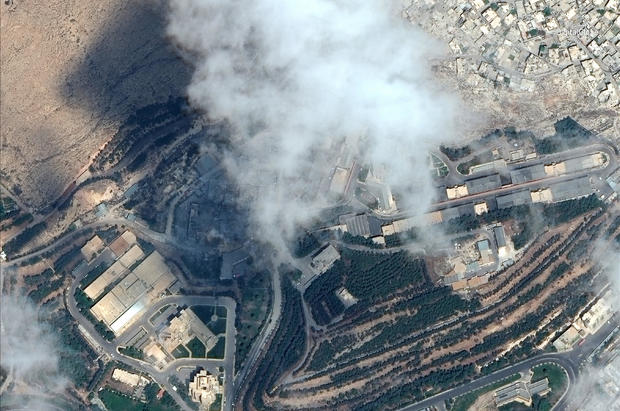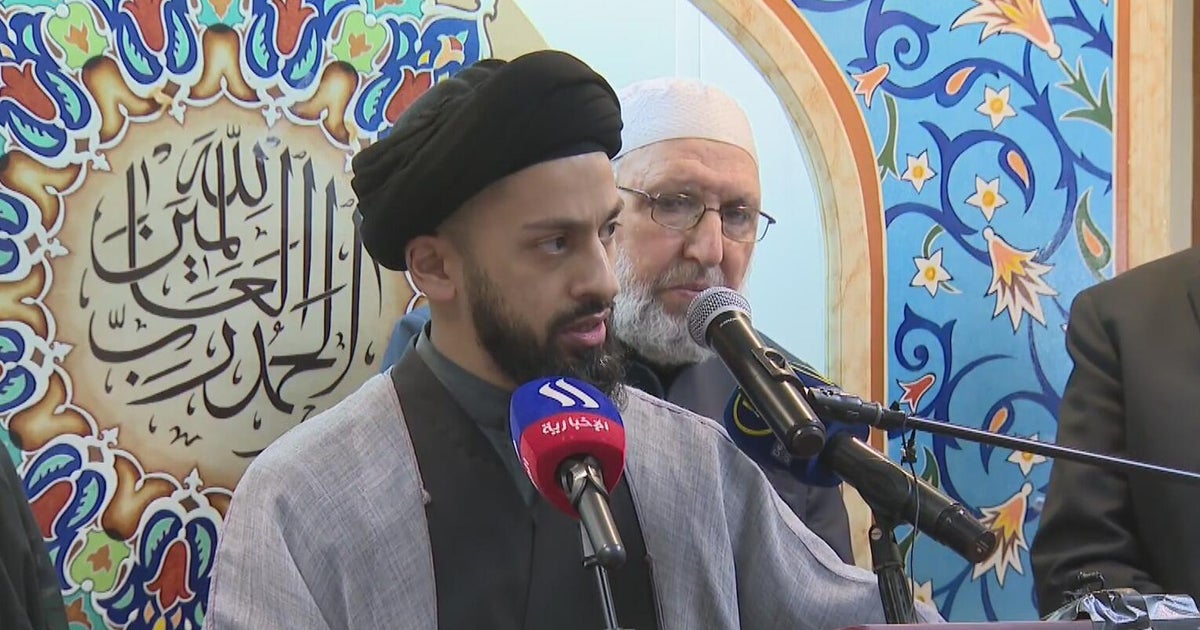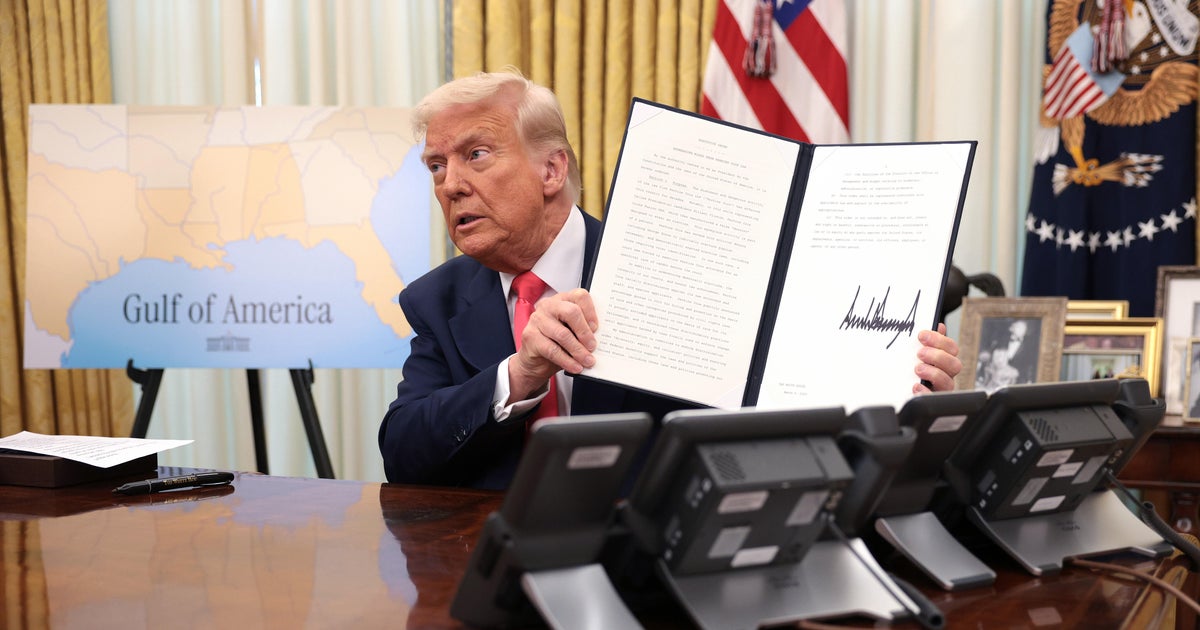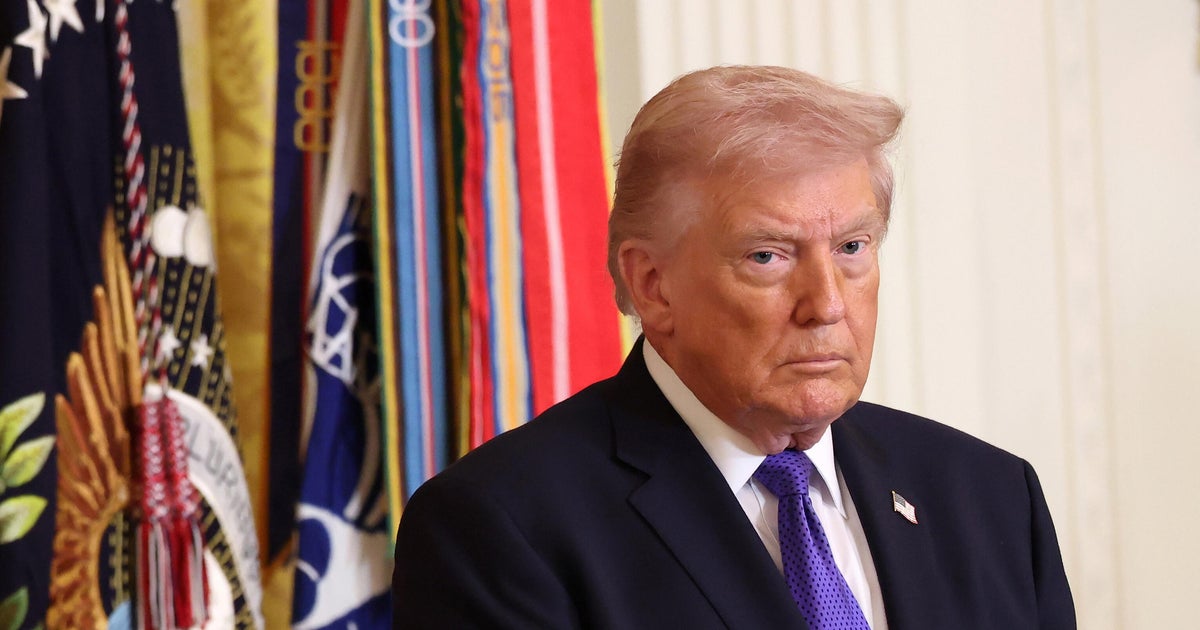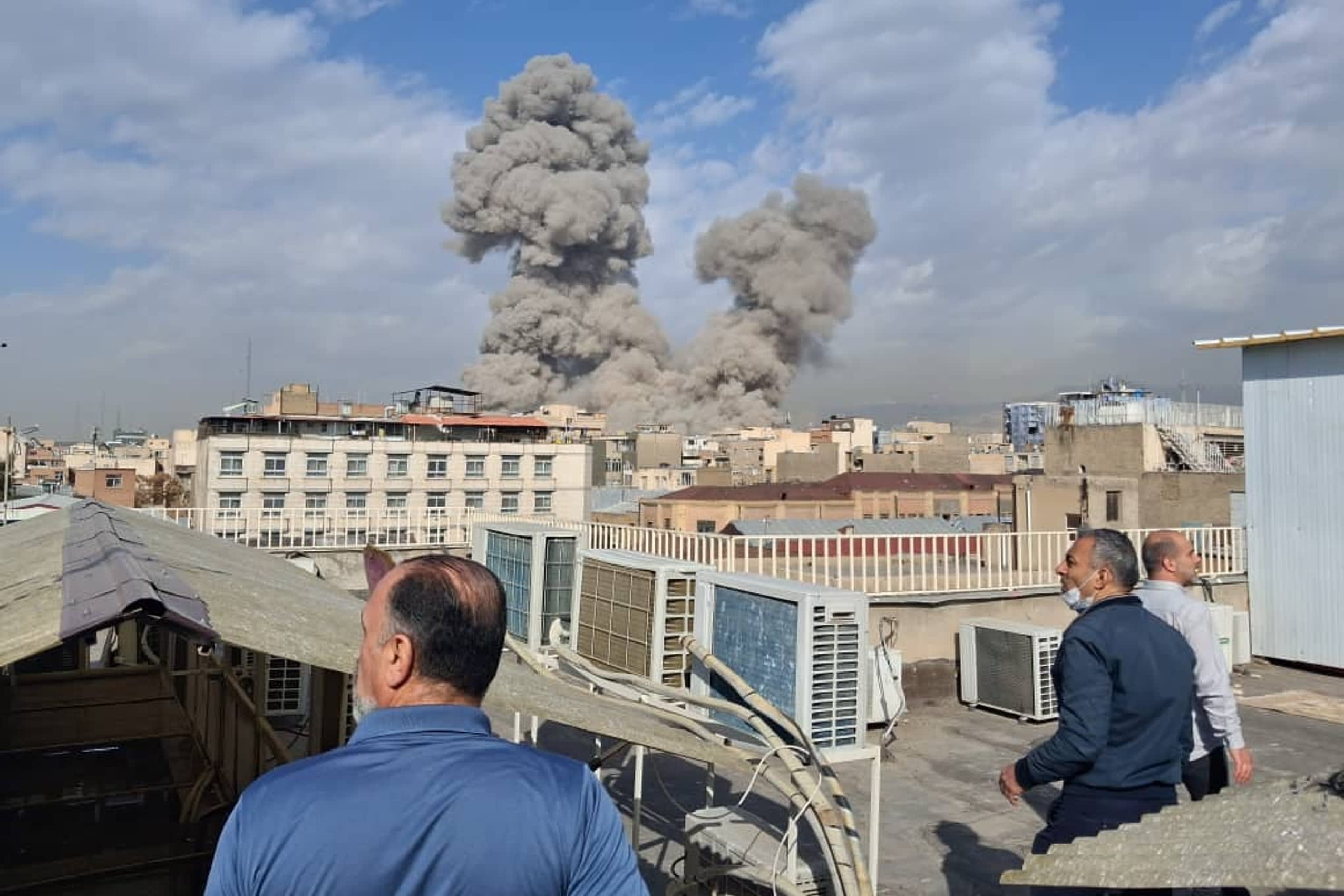What's next after the U.S. bombed targets in Syria?
Days before the U.S., together with the U.K. and France, bombarded targets in Syria in response to a suspected chemical attack, President Trump said the U.S. would get out of Syria "very soon." This week, the White House reiterated that stance, saying "the president has been clear that he wants U.S. forces to come home as quickly as possible."
Lt. Col. Scott Mann, a retired Green Beret and current president of Rooftop Leadership, said in an interview Tuesday on CBSN he doesn't think that's a good idea.
"If you hearken back to Iraq ... we pulled out under President Obama in 2011, and you had the rise of ISIS," he said.
"Most of the forces we've had in Syria up to this point have been to build capacity to fight against the Islamic State, and I don't think they're there yet," he said.
Mann said he's an advocate of building capacity within other countries to stand up on their own. "I believe when communities can stand up on their own against violent extremism, it becomes an antibody to those kinds of groups instead of an accelerant," he said. "The community, I think, is the key -- the host nation military is the key.
Mann's remarks come amid questions about the Trump administration's strategy in Syria following an alleged chemical attack and the subsequent joint military response, in which the U.S., U.K. and France targeted three sites.
On Tuesday, state media reported that international chemical weapons inspectors entered Douma, the Syrian town east of the capital that was the site of the suspected poison gas attack, which killed more than 40 people. The team from the Organization for the Prohibition of Chemical Weapons arrived 10 days after the alleged attack, raising concerns that any evidence the inspectors find could be useless. The OPCW is investigating reports that government forces gassed sites in Douma on April 7, when the town was still held by rebels and home to tens of thousands of civilians.
On Monday, OPCW Director-General Ahmet Uzumcu said Syrian and Russian authorities had blocked its inspectors from going to Douma and instead offered them 22 people to interview as witnesses. Journalists in Damascus were prevented by government minders from contacting the OPCW inspectors, and The Hague-based organization refused to comment on "operational details regarding the Douma deployment."
British Prime Minister Theresa May accused the Syrian government and its ally Russia of trying to cover up evidence and obstruct the investigation.
The U.S. and France have said they have evidence that Syrian President Bashar Assad's military was behind the poison gas attack, but they have made none of that evidence public. The Syrian government and Russia have denied using chemical weapons and accused rebels, with Western backing, of using such weapons or faking such an attack.
Russian Foreign Ministry spokeswoman Maria Zakharova dismissed allegations that Russia was trying to hamper the OPCW inspectors, saying Moscow strongly supports their mission to Douma.
Alexander Rodionov of the Russian military's chemical weapons protection unit said its experts found chlorine and components for producing mustard gas at a rebel laboratory in Douma. He said the canister with chlorine was similar to one shown in images released by activists in the days after April 7.
Russian President Vladimir Putin told German Chancellor Angela Merkel that the Western strikes had violated international law and set back the peace process, the Kremlin said. But French President Emmanual Macron defended the military action in an impassioned and at times angry speech to the European parliament.
He spoke of the "outrage by images we've seen of children, women who died of a chlorine attack."
"Do we sit back, do we defend (human) rights by saying, 'Rights are for us, principles are for us, and realities are for others?' No, no!" the French leader said. "Three countries have intervened, and let me be quite frank: this is for the honor of the international community."
Meanwhile, a new strategy appeared to be crystalizing to let the U.S. leave Syria without relinquishing its interests to the Assad government or his allies, Iran and Russia.
Saudi Arabian Foreign Minister Adel al-Jubeir said the U.S.-aligned kingdom could deploy forces from a bloc of mostly Sunni Muslim nations that was established to fight terrorism. He said the Obama administration did not agree to such an offer.
The kingdom has supported Sunni rebel groups fighting Assad's forces, which are backed by Shiite-majority Iran. Saudi Arabia is also a member of the U.S.-led coalition battling ISIS militants.
The OPCW visit to Douma came hours after Syrian media reported airstrikes Tuesday on government military installations in the central Homs region and the suburbs of Damascus, but the military later said a false alarm had set off air defense systems.
Explosions were heard in the areas of the two bases, according to the Britain-based Syrian Observatory for Human Rights, which monitors the conflict via a network of sources in the country. But it said no missiles landed inside the bases.
